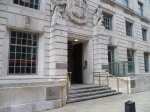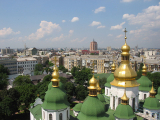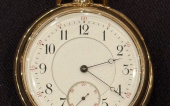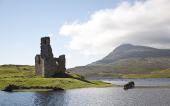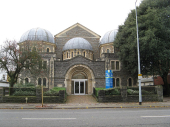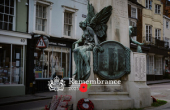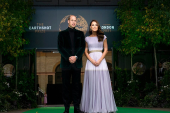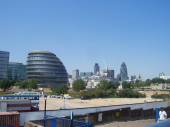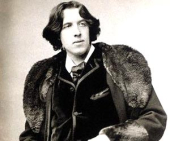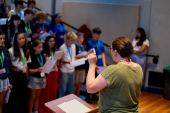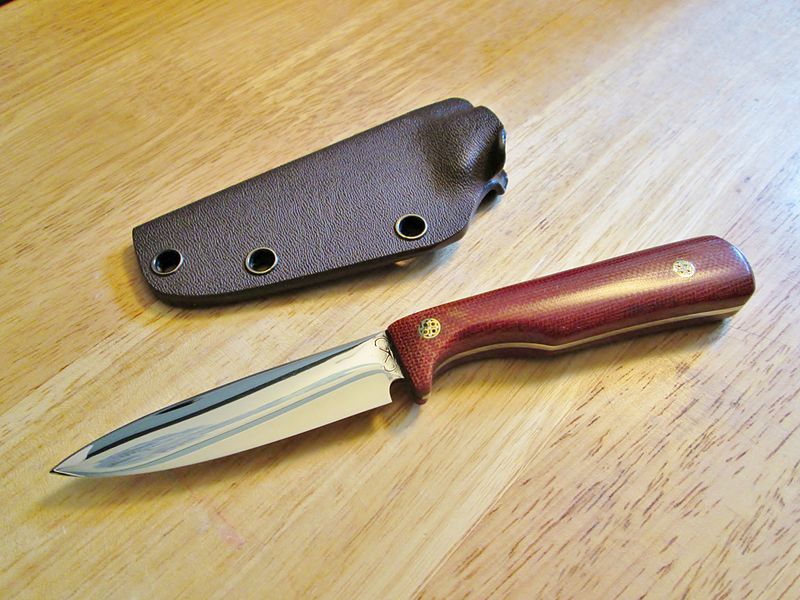
A group of young people working with London’s Violence Reduction Unit (VRU) has commissioned research to better understand the impact on young Londoners
of images seized by police that are published on social media.
The Young People’s Action Group is committed to challenging the existing narrative around young people affected by violence, and it’s recognised as part of this focus that there is a strong debate around images of knives and dangerous weapons seized by the police being published online.
The VRU has listened to the views and opinions of young people who work with the unit in the Young People’s Action Group, and those involved in its prevention and early intervention programmes. They are concerned that posting images of knives seized by the police on social media could contribute to a sense of fear in communities, particularly amongst young people.
Young people have also explained that posts of knives on social media are being used as an intelligence source about what weapons are being carried in certain areas of the capital. They have raised concerns that is leads to young people getting hold of more dangerous weapons and knives in order to protect themselves.
The Young People’s Action Group wants to better understand whether their concerns are shared by a wider group of young people in London.
As a result, research – led by University College London – aims to investigate the effect that images of knives have on young people’s perceptions of safety in London, the level of knife carrying as well as the fears and attitudes of seeing images of knives posted online.
The research, expected to be published by the end of March, will examine the perception of knife carrying in London and young people’s response to knife imagery.
It will work to contribute to and further inform debate and provide clearer evidence – which is specific to London and will take in the views of those aged between 16 and 25 who use or engage in prevention and early intervention programmes to tackle violence.
It will complement and provide a specific context to research commissioned by the Scottish Violence Reduction Unit, and other research led by Sheffield Hallam University, commissioned by South Yorkshire and Thames Valley Violence Reduction Units.
Both police forces in those areas no longer publish images of knives on their social media accounts for fear that they are making the public more, not less, worried about knife crime.
Tyrell Davis-Douglin, of the VRU’s Young People’s Action Group, said:
“We want to support young Londoners and uplift our communities to a place of mass empowerment and opportunity.
“The Young People’s Action Group wants to investigate the impact of police posting images of large knives recovered in our local communities. What we have heard from other empowered young women and men is that posting images of knives on social media platforms creates a sense of fear – there are better way to achieve the goal of removing dangerous weapons and reducing violence.
“Part of our approach must include effective rehabilitation being offered to knife users to help them change and take them out of the circumstantial issues to which they find themselves carrying a knife in the first place.”
Lib Peck, Director of London’s Violence Reduction Unit, said:
“We’ve listened to the views and opinions of our Young People’s Action Group and those engaged in our programmes, and they have made it clear that posting images of knives seized by the police often heightens the sense of fear in our communities and could lead to young people choosing to carry a knife for their own protection.
“We champion the voice of young people and that’s why we are supporting them by commissioning research to better inform the debate about knife imagery and ongoing decisions about posting images of seizures on social media.” Photo by Mtoddson, Wikimedia commons.









